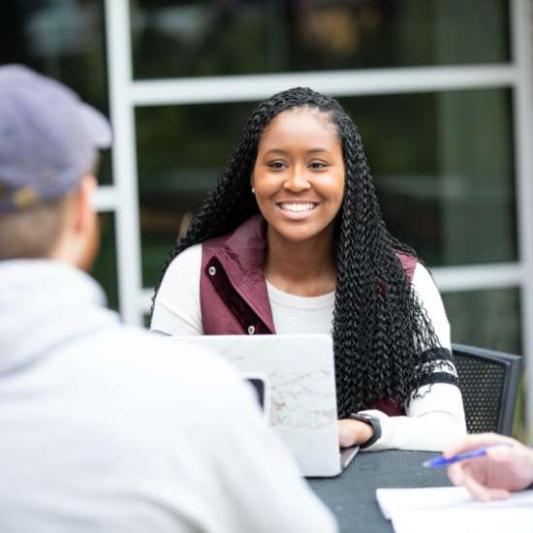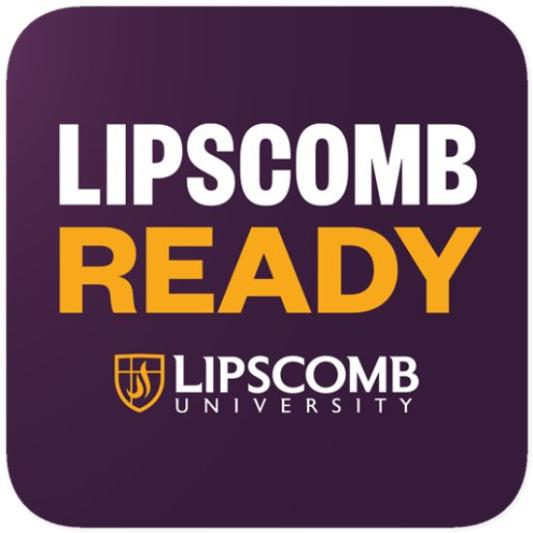Communicating With Your Student
The first year of college is unlike any other year that follows. Usually, it's the first time students are away from home, making their own decisions and handling their own schedules. It's also a time when parents usually see less communication between home and college, or at least in different ways. There will certainly be adjustments to be made on both sides.
We have a few suggestions:
- Stay in touch with your students the way they stay in touch: texting, video chatting, social media and cell phone calls. If you're not familiar with your "social" options, ask your student for a quick lesson. Emailing, not so much. Students may go days (some, weeks) without checking their inbox.
- Chat about calling expectations, whether it’s a call once a week at a scheduled time, or just catching each other whenever. Remember, if your student doesn't return your call right away, give them a chance to respond — they're enjoying college life.
- If you decide to visit campus, don't make it a surprise. Let your student know you're coming and when. Keep the visit short (unless other plans are made). You might take a group of their friends to dinner, but then let them be part of whatever is happening that night.
- When your student comes home, they might have a lot of laundry to do and they will most likely be on a different sleep schedule than before. They might even stay up until 2 a.m. and may sleep later in the morning.
Like most parents, you will be concerned about your student adapting to college-level academics. But don’t worry, your student will adjust — and it is an adjustment they have to make. A few things are always keys to success and worth passing along:
If you see a dip in grades during this first semester, it's to be expected. Students have to adjust to a new learning environment, with new expectations. Most students will work this out for themselves and be back on track in a short time. Remember, your student has an advisor and faculty that want to see them succeed. Encourage your student to take advantage of them and their suggestions and guidance. Mentoring relationships aren’t unusual. Professors really get to know their students (and vice versa), which creates a great trusting and learning environment.
Our professors do their homework as well. As part of supporting our faculty and our commitment to excellence in teaching, Lipscomb's Center for Teaching and Learning supports faculty to learn new approaches to creative, collaborative and innovative teaching techniques. As your student works hard to learn new things in the class, our teachers work hard to learn new ways to educate them.
We also offer a resource for freshmen or transfer students called First Year Experience (FYE), a great place to find answers and talk with someone who can help in the transition to college life. Students can find more information on FYE when they sign into myLipscomb. Some best practices include:
- Go to class. Don't sleep in (or sleep through).
- Do your homework and reading assignments. Don't get behind.
- Get help when you first think you might need help. Don't wait until it's too late, like at exam time or the night before a paper is due.


